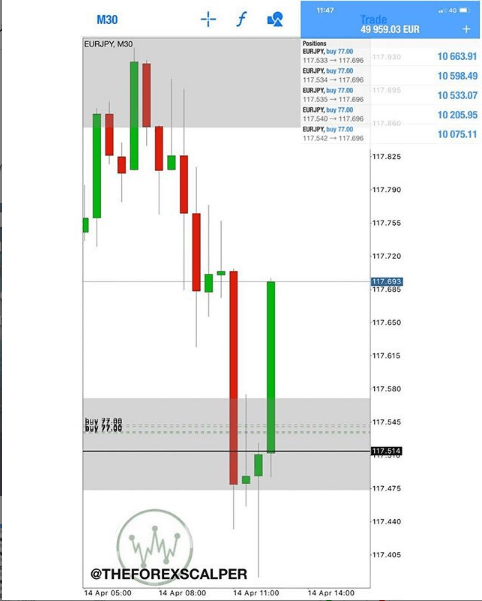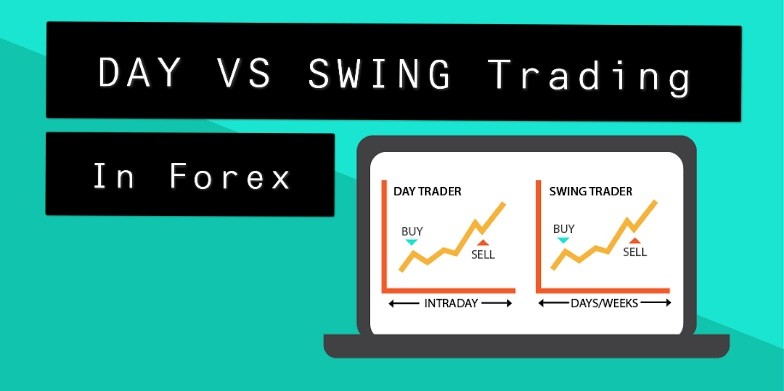One important decision is the time period on which a trader opts to trade. Day traders open and close various positions within a single day, while swing trading in forex does multiple days, weeks, or even months of trading. There are various types of trading that will match different people depending on available capital, availability of time, psychology, and even which market is being traded. There’s no better one style between day trading and swing trading than another. It’s just preference, and what style fits the personal circumstances of the Forex trader.
Usually, day traders enter and exit trades on the same day of trading with interest on quick bite-sized profits and numerous trades per day. They ‘re not necessarily trading the entire day, rather they ‘re only interested in getting profit from different sessions here and there over different hours. On the shorter timeframe frame charts (1 M, 5 M, 15 M, 30 M, or H1), they are looking for their setup patterns, with maybe verification from larger time frames (H4 and D1). They usually have lower profit targets in terms of money management and stop losses, and hence can afford to trade with larger lot sizes.
Since a day trader puts many more trades than a swing trader would, for every trade he places, he incurs higher fixed costs in the form of spreads. He has to make sure the currency pair he is trading has a very tight spread to increase his chances of profit for every trade. For a day trader, the quality of fills is highly important because he can’t afford any slippage to suffer. Day traders close all their trades by the end of the day and do not carry them over thereby abolishing the inherent overnight risk of swing trading in forex.
Swing trades are kept over days, weeks, and even months. Swing trading is therefore the best part-time investment for many. If you want to keep your day job and trade side by side, swing trading would be better suited to you than day trading. Since swing-trading is rarely a full-time activity, burnout is rare. Swing traders typically have full-time jobs and a daily source of income to balance trade losses. Swing trading is for traders who like to use basic or technical analyzes to find opportunities for longer-term trading.









